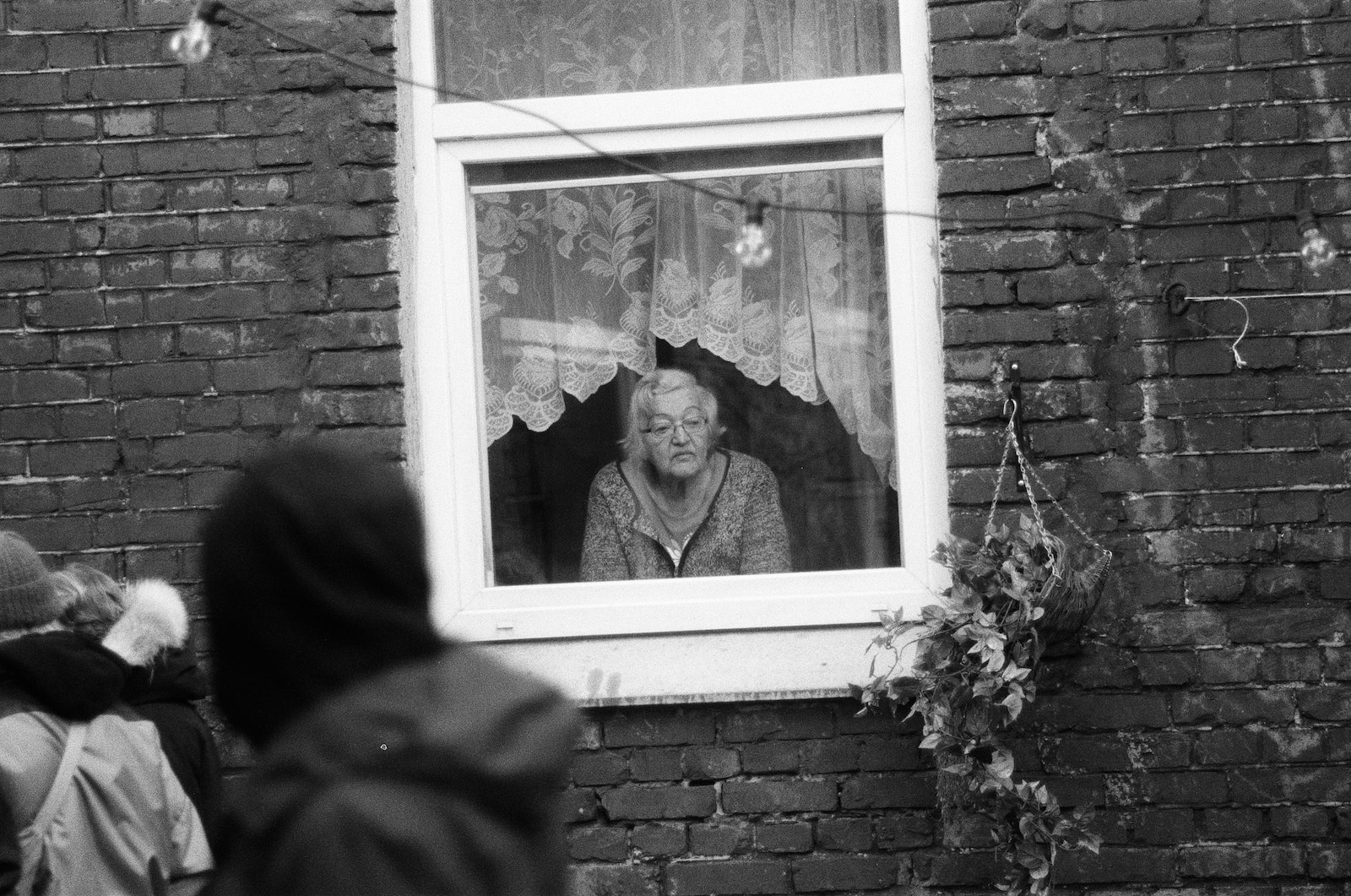The decision to place a loved one in a nursing home is often fraught with anxiety and guilt. Families entrust these facilities with the care of their most vulnerable members, expecting a standard of care and compassion. However, an unsettling trend has cast a shadow over this trust: nursing home neglect. This issue, cloaked in the silence of its victims, demands our urgent attention and action.
Understanding Nursing Home Neglect: A Closer Look
Nursing home neglect refers to the failure of these facilities to provide adequate care to their residents. This can manifest in various forms, from physical neglect, such as improper feeding and hygiene, to emotional neglect, including isolation and indifference to residents’ needs. The consequences are often dire, leading to health deterioration, emotional trauma, and, in extreme cases, death.
The Underlying Causes: A Complex Web
Nursing home neglect is rooted in a complex mix of factors. Understaffing is a chronic issue, where caregivers are overwhelmed and unable to attend to all residents adequately. Lack of training and inadequate staff supervision further exacerbate the problem, leading to a care environment where residents’ needs are overlooked or ignored. Additionally, the bureaucratic nature of some facilities can lead to a depersonalization of care, where residents are seen as tasks rather than individuals with specific needs and dignity.
The Silent Suffering: Recognizing the Signs
One of the most challenging aspects of nursing home neglect is its silent nature. Victims, often frail and vulnerable, may be unable to communicate their suffering due to physical or cognitive limitations. It falls upon families and visitors to recognize the signs of neglect, which can include unexplained injuries, sudden weight loss, poor hygiene, and a noticeable decline in emotional well-being.
The Legal Framework: Protecting the Vulnerable
Legally, nursing homes are bound by federal and state regulations that dictate standards of care. However, enforcement of these standards varies, and instances of neglect continue to slip through the cracks. The legal system provides a channel through which victims and their families can seek justice and accountability, but navigating this system can be daunting.
The Imperative to Act: Contacting a Lawyer
For families suspecting their loved one is a victim of nursing home neglect, it is crucial to act swiftly and decisively. Contacting a lawyer who specializes in elder law or personal injury is a critical step. An experienced attorney, like those at Marks & Harrison, can offer guidance on how to document and report neglect, navigate the complexities of the legal system, and advocate for the victim’s rights and well-being. Legal intervention not only seeks to rectify the wrongs done to the individual but also serves as a deterrent, compelling nursing homes to uphold higher standards of care.
Beyond Legal Recourse: Advocating for Change
While legal action is vital, broader advocacy for systemic change is equally important. This includes pushing for stricter enforcement of existing regulations, advocating for increased staffing and training standards, and promoting a culture of dignity and respect within long-term care facilities.
In Conclusion: A Call to Responsibility
The issue of nursing home neglect is more than a legal problem; it is a moral one. It calls for a collective response from individuals, communities, and policymakers. By recognizing the signs of neglect, taking legal action when necessary, and advocating for systemic change, we can work towards a future where the decision to place a loved one in a nursing home is not marred by fear, but fortified by trust and peace of mind.


